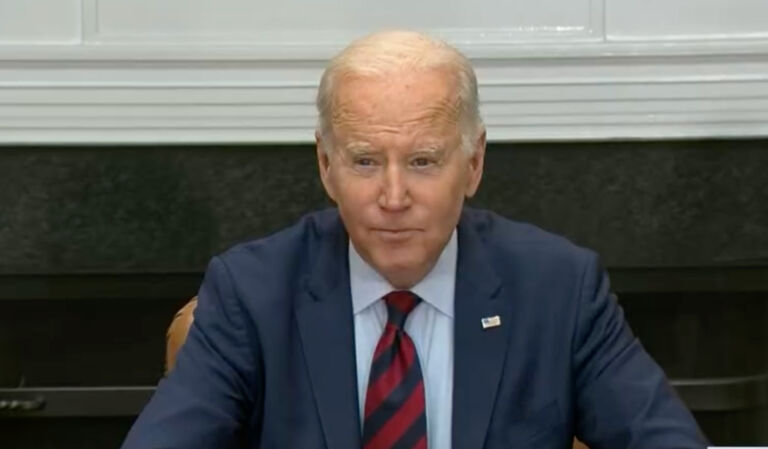Last week the US Supreme Court heard oral arguments in Zubik v. Burwell, a consolidated group of cases brought by a number of religious organizations that want to be exempted from the Obamacare contraceptive mandate. On the basis of the justices’ questions, most observers expected a split decision, which would have left the matter undecided for the time being, but, instead, the Court issued an order stating:
The parties are directed to file supplemental briefs that address whether and how contraceptive coverage may be obtained by petitioners’ employees through petitioners’ insurance companies, but in a way that does not require any involvement of petitioners beyond their own decision to provide health insurance without contraceptive coverage to their employees….
For example, the parties should consider a situation in which petitioners would contract to provide health insurance for their employees, and in the course of obtaining such insurance, inform their insurance company that they do not want their health plan to include contraceptive coverage of the type to which they object on religious grounds. Petitioners would have no legal obligation to provide such contraceptive coverage, would not pay for such coverage, and would not be required to submit any separate notice to their insurer, to the Federal Government, or their employees. At the same time, petitioners’ insurance company—aware that petitioners are not providing certain contraceptive coverage on religious grounds—would separately notify petitioners’ employees that the insurance company will provide cost-free contraceptive coverage, and that such coverage is not paid for by petitioners and is not provided throughpetitioners’ health plan.
This looks like an invitation to resolve the dispute through a compromise. As such, it is highly unusual and may indicate that the liberal wing of the Court—though presumably willing to support the Government if push comes to shove—is nevertheless unhappy with the Government’s position.
If that’s what’s going on, it’s certainly understandable. The Government’s argument is embarrassingly weak. It claims that encouraging and subsidizing contraception is a compelling government interest that can be only be accomplished by enforcing the mandate against these organizations. Yet millions of Americans’ employers are already exempt from the contraception mandate. Employers with previously existing medical insurance plans are exempt. So are churches. And, thanks to a previous decision by the Supreme Court, so are closely held private businesses when the owners have a religious objection. Refusing to exempt organizations like the Little Sisters of the Poor (a group of nuns) and Priests for Life (a group of priests) makes no sense at all (unless, as some suspect, these groups are being singled out on account of their beliefs). Which may be why the Court is encouraging the Government to reconsider its position.


